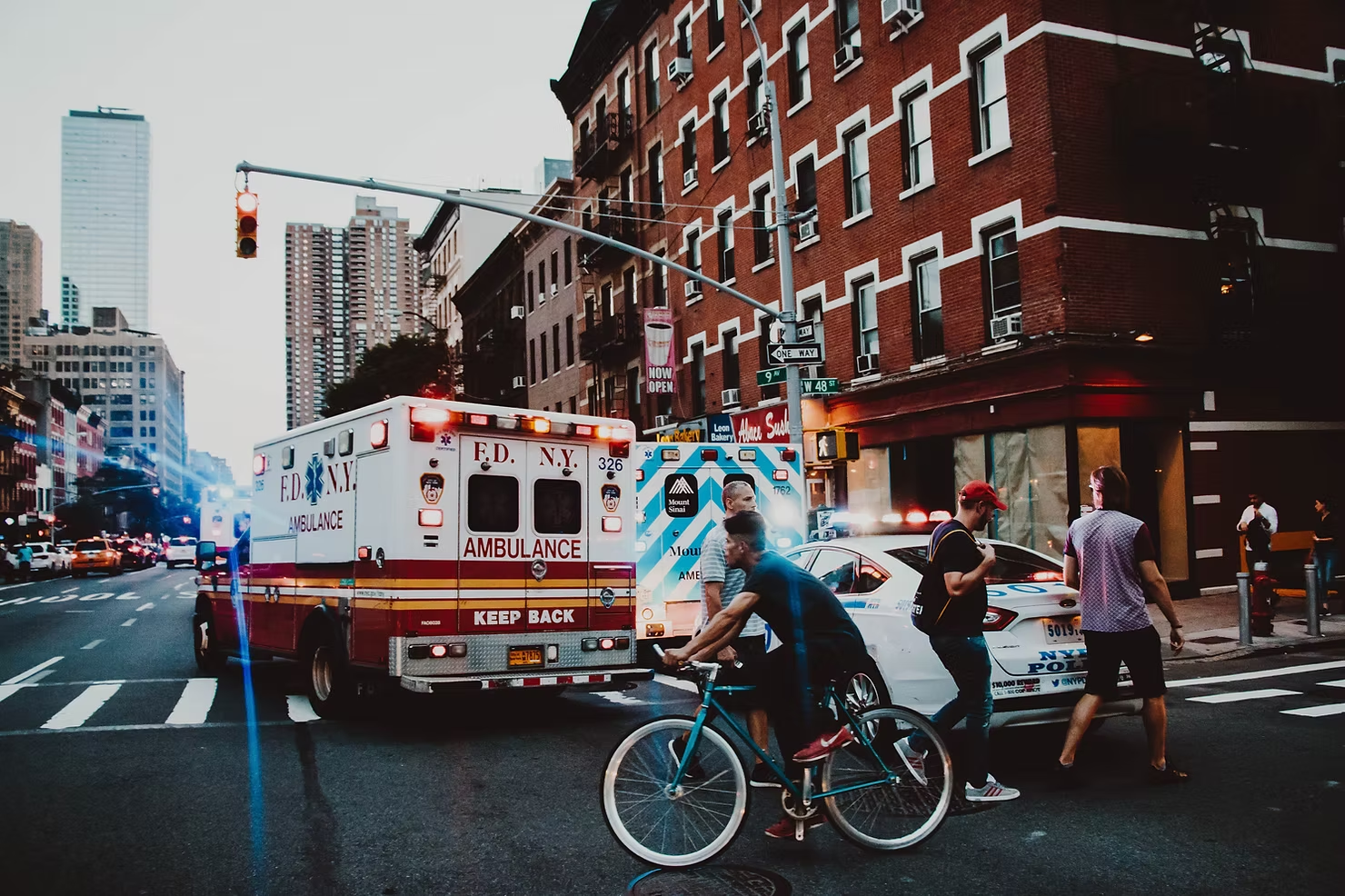An important lesson on life and resiliency from Fred Rogers.
Thanks to Mister Rogers, every time I watch the news, I get a sense of hope for humanity. No matter how awful the tragedy or how terrible the losses, I have pride for our species and take comfort in our future. This is not an automatic response (nor an appeal to morbidity), but a practiced one because of a single technique: I practice looking for the helpers.
Fred McFeely Rogers – also known as Mister Rogers – was the titular host of Mister Rogers Neighborhood, a children’s program that ran for 33 years and shaped the minds of millions of children. He was an incredibly kind and gentle person whose primary focus was often around helping children to wrestle with a world and concepts that could seem frightening. As children may not fully grasp or understand the scope or danger of any given crisis, they can absolutely understand their parents’ fear, and it can reflect disastrously on them. Children can be very sensitive to how their parents are feeling. One calming concept he learned from his mother at an early age was to “look for the helpers.”
The idea is simple: every time you see a tragedy on the news, look behind the reporter. Behind that reporter, you’ll see countless people helping. A seemingly endless number of emergency medical technicians, firefighters, law enforcement, and even civilians will be working hard to tend to the wounded, repair the damage, and recover the dead. No matter how many people committed that terrible act, there are always staggeringly more helpers.
Let that sink in. The terrorist attacks on September 11, 2001, were performed but just 19 men and resulted in the death of 2,977 people, yet of those lost, 414 were firefighters law enforcement officers. That means that if we only consider those who died for their cause that day, there were 21 first responders for each terrorist. Consider further the following days and weeks, as millions of people around the world sent personnel, supplies, and money to aid in cleaning up and supporting the survivors. While the attack left an indelible scar on our national psyche, it can also serve as an incredible lesson on the innate goodness of humanity; all we need to do is look for the helpers.
This is not always easy. Our minds are naturally predisposed to focus on dangerous things. Like any animal, our inborn survival instincts tell us to look for claws, fangs, and predatory intent. Translated to modern news media, where “if it bleeds, it leads,” we continue to seek out information on things that might do us harm, even if it’s not realistic or statistically likely. We needlessly focus on the cause of damage rather than the danger. Many of us will choose to carry a weapon to protect ourselves from the unlikely threat of assault while failing to prepare a trauma kit to help the victims. We accidentally stoke our fear and paranoia because it’s what our minds automatically wish to do.
I challenge you to try and unlearn that instinctual fear. First, always consider the broader context of any disaster; how many were involved? How many perpetrated the tragedy? How many victims were harmed or lost? How many were impacted? Second, look for the helpers you can see and consider those you can’t. While we will see the image of the firefighter, we aren’t seeing the family that waits for them or the therapist helping a victim’s family recover. When you start to think further deliberately, you’ll realize that the helpers are even more numerous than just those you saw behind the television reporter. Finally, you should aim to become a helper yourself. This isn’t just about carrying a firearm, but consider training with and building a trauma kit. Often there is a greater shortage of bandages than bullets. Following the advice of Mister Rogers and his mother can lead to a healthier understanding of the news and a more resilient mind in the face of tragedy.
